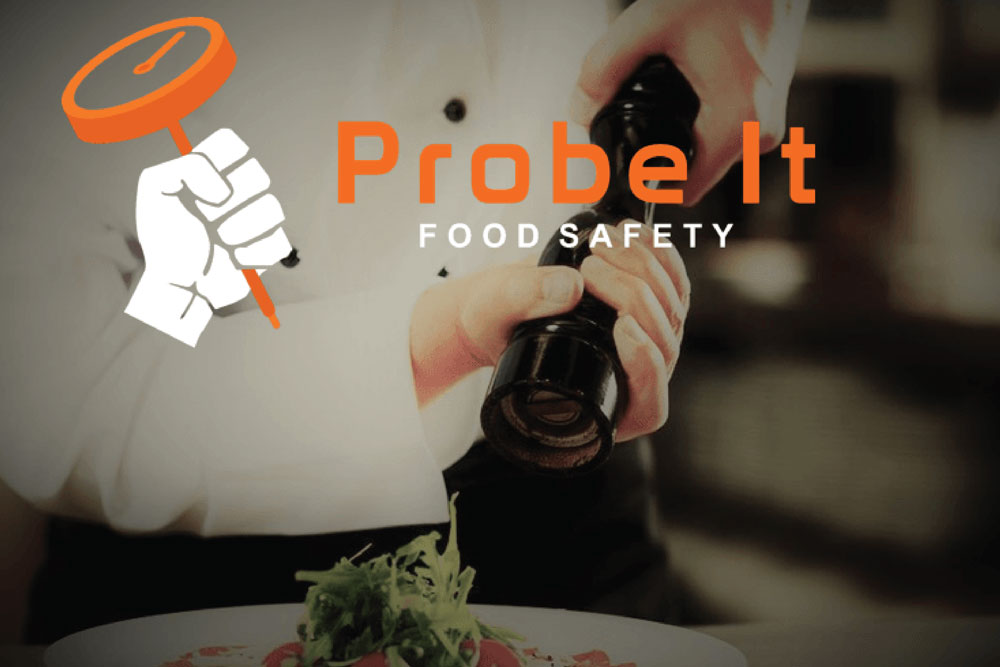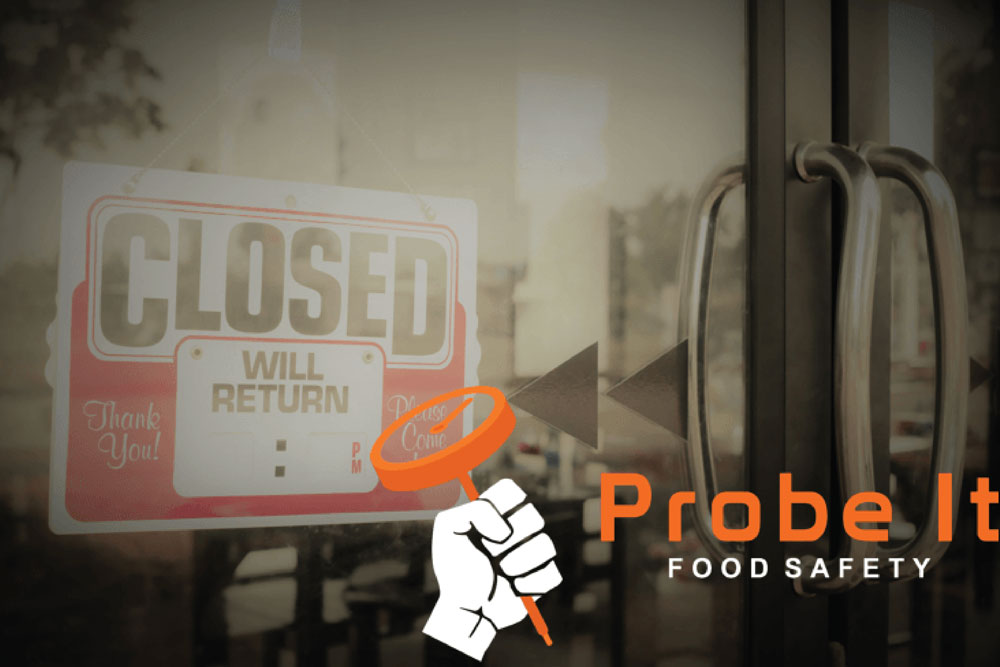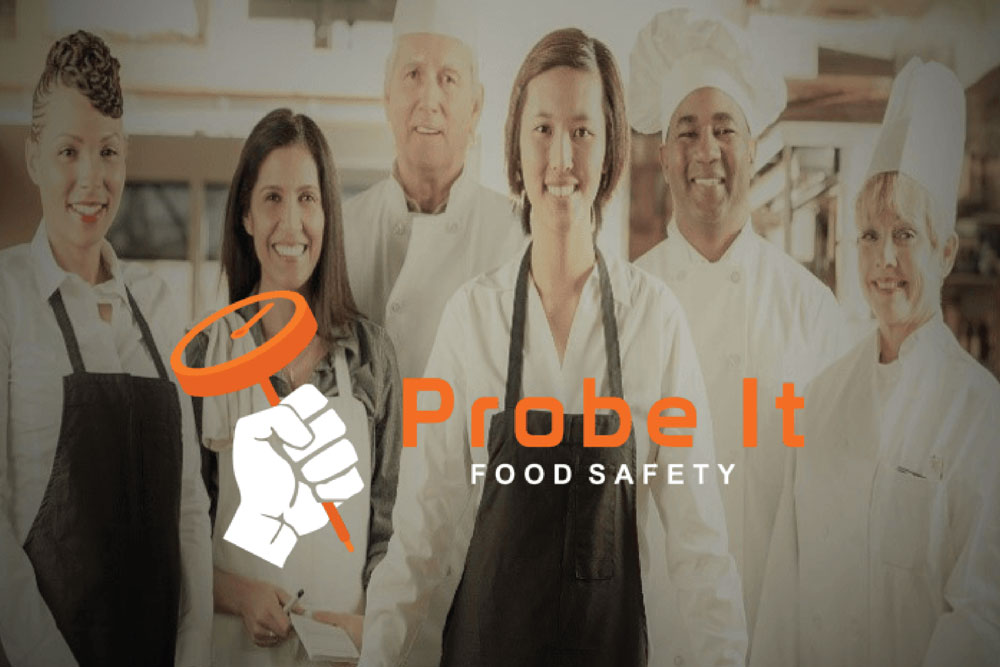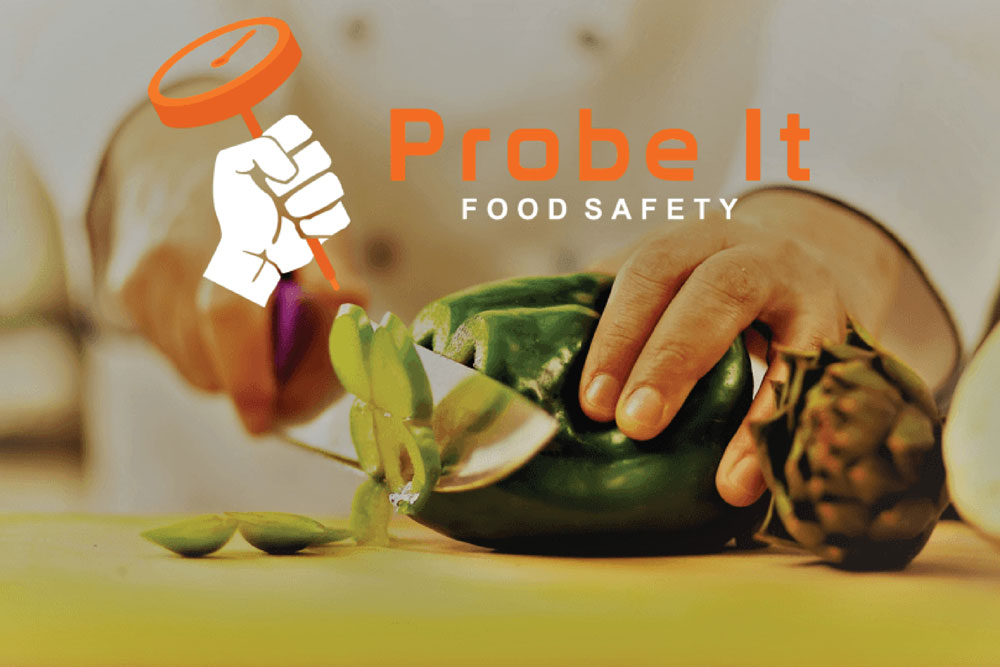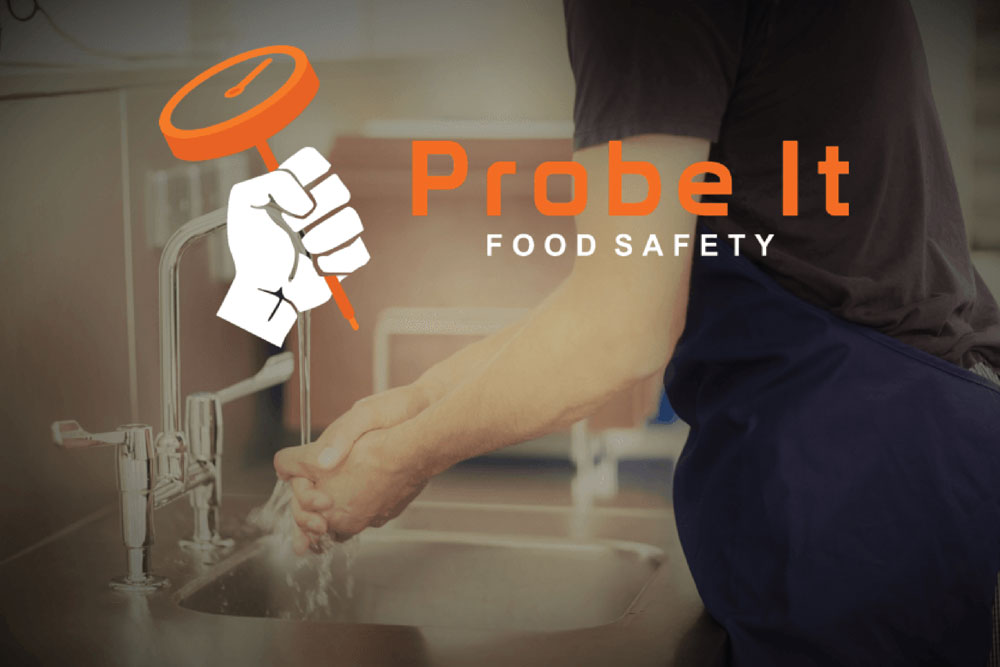Posts by bashir@probeit.ca
Why You Need Allergen Awareness Certification?
It is estimated that 35 million Canadians have food allergies. The most common allergens among all ages are shellfish, peanuts, and eggs. Allergies are a natural immune response; however, more severe cases can impact one’s daily life and lead to life-threatening symptoms. Food business owners need to be aware of the various allergens that can…
Read MoreThe Importance of WHMIS Training
Canadian employees spend an average of 40 hours a week in the workplace. Employers are mandated to ensure that their work areas are safe from dangerous situations. Still, over 4 million Canadians suffer from workplace-related injuries every year. It’s no surprise that most workplace-related injuries happen in the equipment operation industry and the medical field.…
Read MoreThe Importance of Food Handler’s Course
There are over 40,000 full-service restaurants in Canada. The industry is worth about 33 billion dollars and employs almost half a million people. Because of this, strict government regulations are in place to ensure the safety of each food establishment in the country. Food businesses are not immune to safety hazards. There are potential risks…
Read MoreFood-borne Illness – Last thing you ate?
Symptoms are not always associated with the last food product consumed. Symptoms may appear as early as 30 minutes or as late as several days after consuming contaminated food. DID YOU KNOW: Headaches can be a symptom of a food-borne Illness! Food-borne illness can have numerous symptoms. More common symptoms include diarrhea, vomit, stomach cramps…
Read MoreFood-borne Illness – A High Price to Pay
Food-borne Illness is when contaminated food or water is consumed. Contamination can occur from food, the environment, or from the food handler either directly or indirectly. Food-borne illness can be devastating to the person affected and to the establishment implicated. It can cost thousands of dollars and may even result in death. DID YOU KNOW:…
Read MoreFood Safety – Who’s really responsible?
The Public Health Agency of Canada estimates approximately 1/8 (4 million) of Canadians acquire food-borne illnesses each year. Food-borne illnesses cost Canadians approximately $12-$14 billion each year. Food safety is required by law and is the responsibility of everyone in the establishment – the owner and the employees. As food handlers, it is your responsibility…
Read MoreMandatory Food Handler Certification
The most effective method for preventing food borne illnesses is through food handler education, because many of illnesses are caused by mistakes made by food service workers. This is why many provincial governments and local municipalities have legislation that makes food handler certification mandatory. In Alberta, the provincial food regulation requires: ” A person operating…
Read MoreHumber College Food-borne Illness
Food-borne illness is serious and it is unfortunate that it usually is only brought to our attention after a significant outbreak, like what is currently unfolding at Humber College – North Campus. The number of people who have affected by the outbreak at Humber College has risen to nearly 200 as officials fight to understand…
Read MoreBenefits of Food Handler Certification
Food handler certification is a great way to guarantee your customers get the best food possible. There are many benefits for the employee and the employer. We all know that being part of a food borne illness outbreak can have multiple negative outcomes. The best and most effective way in preventing food borne illness is…
Read MoreIs raw cookie dough one of your guilty pleasures? Beware flour recall
Is raw cookie dough one of your guilty pleasures? Do the kids love to lick the cake batter from the bowl and mixing spoons? Well you may want to re-consider giving in to these sweet temptations because of e.coli contamination! The CFIA has issued a recall first on Robin Hood flour, however it has spread…
Read More
